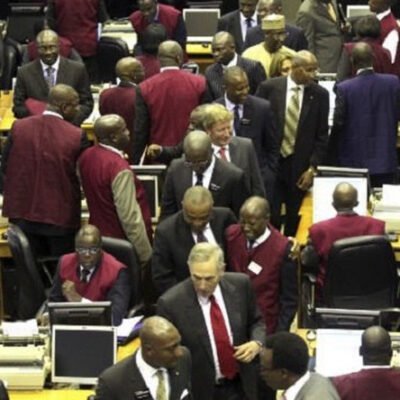What’s going on here?
Extended trading hours in South Korea have increased volatility, weakening the won and pulling down the KOSPI.
What does this mean?
South Korea’s financial scene is shaking up after extending dollar-won trading hours from 9 a.m. to 2 a.m. – far longer than before. This has stirred up volatility, with the won dropping 0.43% to 1,382.7 per dollar. The KOSPI index fell 0.25% to 2,790.76, showing mixed stock performances: Samsung Electronics edged up 0.49% while SK Hynix slid 1.27%. Foreign investors sold off about $50.07 million in shares, denting market sentiment further. Bond markets also felt the strain, with three-year treasury bond futures down and yields on three-year and ten-year bonds rising.
Why should I care?
For markets: Navigating new trading realities.
Extended trading hours have injected fresh volatility into South Korean markets, prompting investor caution. While the benchmark KOSPI has risen 5.10% this year, recent changes have introduced new risks, seen in declining stock values and foreign investor sell-offs. Adapting to these evolving market conditions is crucial for investment strategies.
The bigger picture: A changing economic skyline.
South Korea’s trading hour extension aims to boost market efficiency and align with global practices. However, the immediate effects – like a weaker currency and fluctuating stock and bond markets – highlight the challenges of such transitions. As Korean exports, especially semiconductors, continue to grow at a slower pace, the region’s economic resilience will hinge on managing market adjustments effectively.





